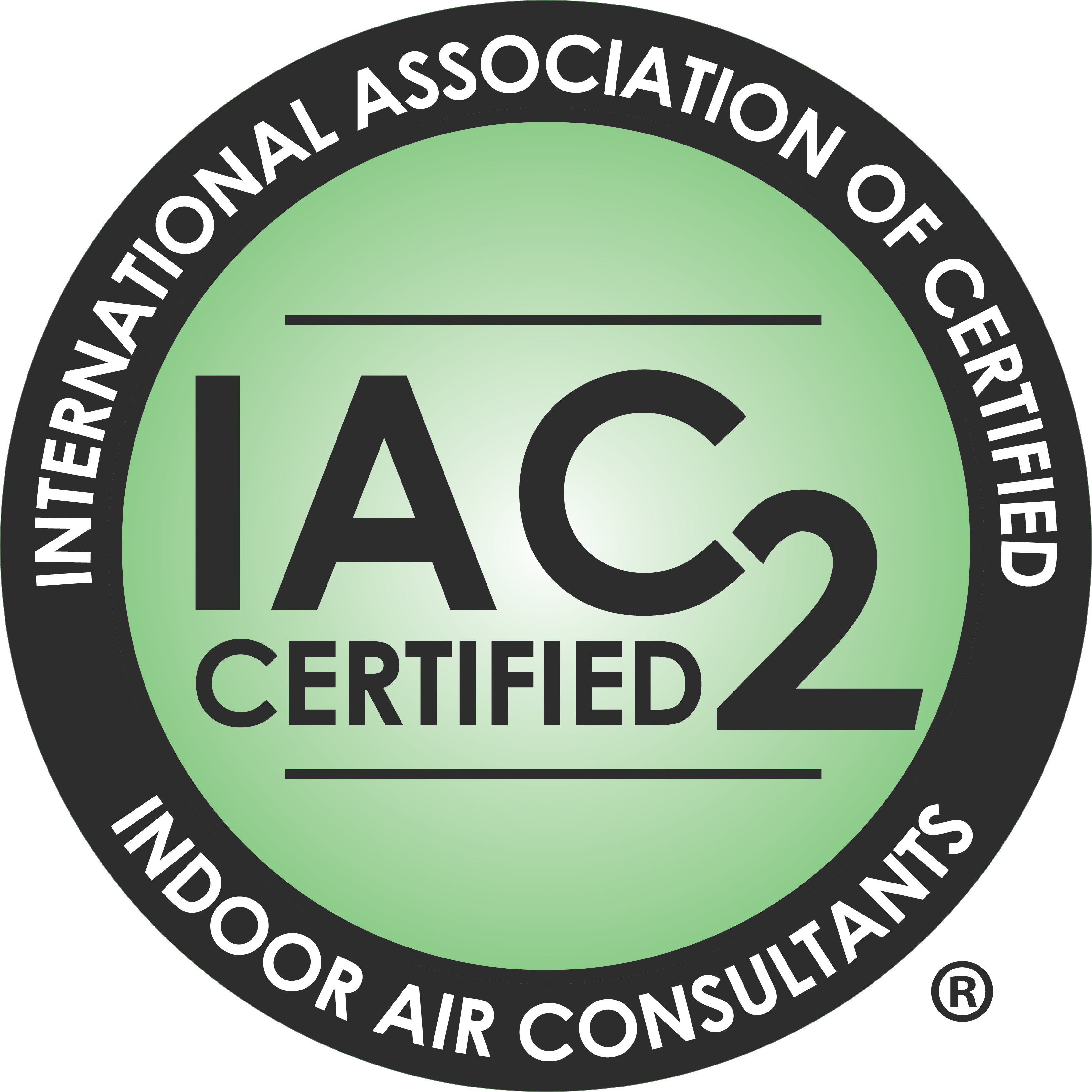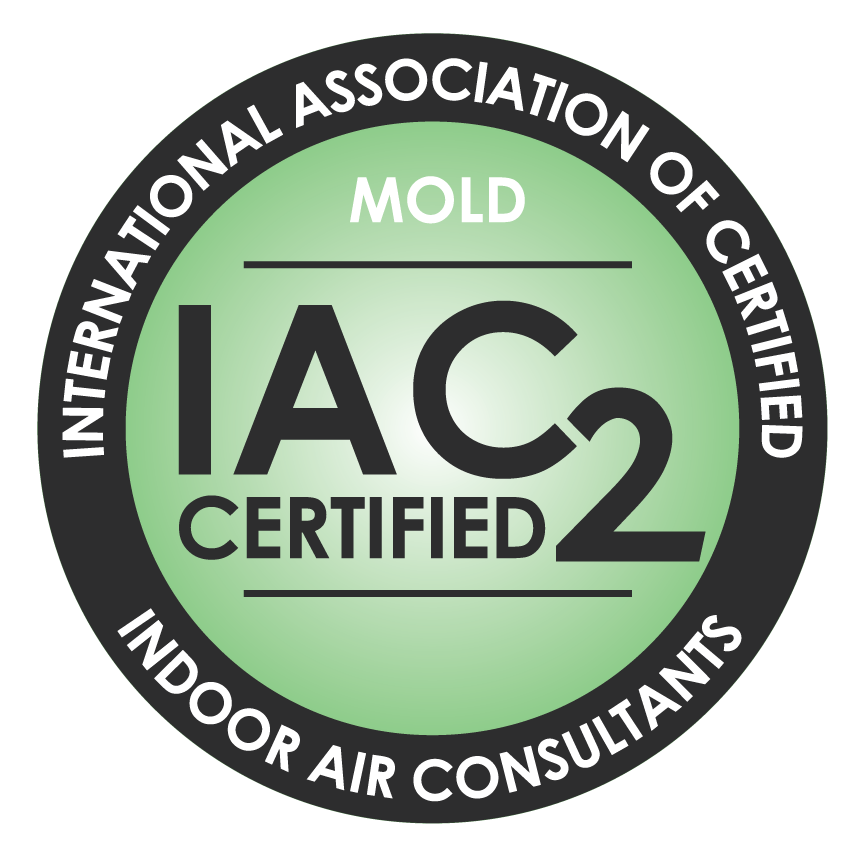Disease Prevention & Pathogen Exposure
Disease prevention is important because it helps to reduce the burden of illness and death from diseases, as well as the costs associated with treating and managing diseases. By preventing diseases, people can live longer, healthier lives, and resources can be directed towards other priorities.
There are many ways to prevent diseases, including practicing good hygiene, eating a healthy diet, getting regular exercise, and avoiding risky behaviors such as smoking and excessive alcohol consumption. Preventing diseases can also help to reduce the spread of infections within a community, which can have a positive impact on public health and the economy. By preventing the spread of infectious diseases, we can protect vulnerable populations, such as young children, the elderly, and people with compromised immune systems, who are at higher risk of developing serious health problems from infections. Properly trained cleaning professionals can help keep your living environment up to par!
What is a Disease?
Prevention is key to fulfilling a healthy lifestyle.
Disease
A disease is a abnormal condition or disorder that affects the body or mind and that is characterized by specific signs and symptoms. Diseases can be caused by a variety of factors, including infections, genetics, environmental factors, and lifestyle choices. Some diseases are acute, meaning they come on suddenly and are usually short-lived, while others are chronic, meaning they develop over time and persist for a long period. Some diseases can be cured, while others can only be managed or controlled. The treatment and management of diseases often involves a combination of medications, lifestyle changes, and medical procedures.
Pathogen
A pathogen is a type of microorganism that can cause disease in humans, animals, or plants. Pathogens include viruses, bacteria, fungi, and parasites. They can be transmitted from person to person, through contaminated food or water, or by insects or animals. Some pathogens are highly contagious and can spread rapidly, while others are transmitted less easily. The body's immune system helps to protect against pathogens by recognizing and attacking them. However, sometimes the immune system is not able to keep the pathogen under control, and this can lead to the development of a disease.
Virus
A virus is a tiny infectious particle that can replicate only inside the living cells of an organism. Viruses can infect all types of life forms, from animals and plants to bacteria and archaea. Viruses are much smaller than bacteria and are usually composed of a piece of genetic material (either DNA or RNA) surrounded by a protein coat. They do not have their own metabolism and are unable to replicate on their own. Instead, they rely on the cellular machinery of the host organism to replicate and produce more viruses.
Bacteria
Bacteria are single-celled microorganisms that are found everywhere in the environment, including in soil, water, and air. They are also found in and on the bodies of plants and animals, including humans. Most bacteria are harmless and play important roles in the environment and in human health, such as helping to break down organic matter and aiding in the digestion of food.
Blood Borne Pathogens
Blood borne pathogens are infectious microorganisms that are present in human blood and other body fluids and can cause disease in people who come into contact with them. Some examples of blood borne pathogens include HIV, hepatitis B and C, and syphilis.
To prevent the transmission of blood borne pathogens, it is important to follow proper infection control practices, such as:
Washing your hands thoroughly with soap and water or using an alcohol-based hand sanitizer before and after handling potentially contaminated materials.
Wearing personal protective equipment (PPE), such as gloves, gowns, and masks, when handling blood or body fluids.
Properly disposing of needles, syringes, and other sharp objects in puncture-resistant containers.
Using caution when handling potentially contaminated materials and avoiding contact with blood and body fluids.
If your home has been contaminated by blood or other biological agents we can help remediate the damage and cleanup the mess!
OSHA defines blood to mean: "human blood, human blood components, and products made from human blood."

